Composting culture is a holistic approach to waste management and environmental sustainability that includes various aspects of education, community engagement, policy implementation and mindset change. At its core, composting culture involves increasing awareness of the benefits of composting, such as reducing landfill waste, enriching soil, and reducing reliance on chemical fertilizers. Community engagement plays an important role, encouraging individuals to participate in composting initiatives, whether through local events, community gardens or educational workshops.
Recognizing and encouraging composting efforts, such as low waste disposal fees and public acceptance, contribute to promoting composting culture. Widespread adoption requires convenient access to compost bins and educational integration, as well as integrating composting into daily life. Investments in infrastructure as well as policies supporting composting at various levels provide the necessary framework for sustainable waste practices. Adopting technological innovations in composting and promoting collaboration among various stakeholders, including businesses and educational institutions, contribute to the development of a strong composting culture. Fostering a cultural shift that values sustainability and responsible consumption is central to the success of a composting culture, transforming organic waste from disposable material into a valuable resource for building healthier, more resilient communities.
Composting culture is a state-of-the-art efficient mixture of bacteria, which in working time decomposes agricultural residues and converts them into useful compost. 1 kg of composting culture is capable of making compost of one tractor trolley of unusable component from crops. We are the supplier and manufacturer of India's best composting culture, contact us for purchase.
Customer Reviews
0
0 Reviews
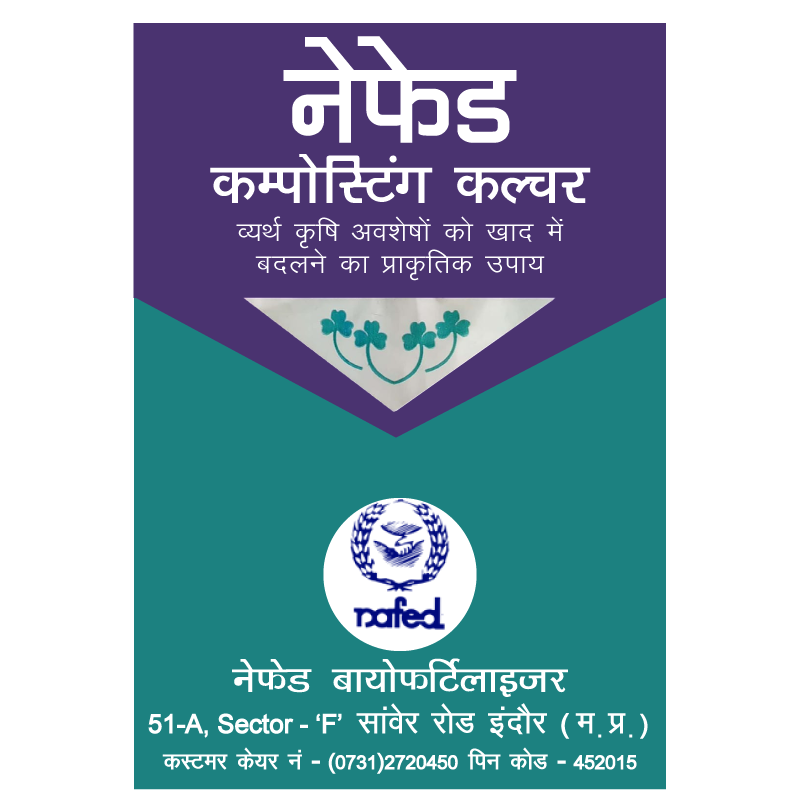
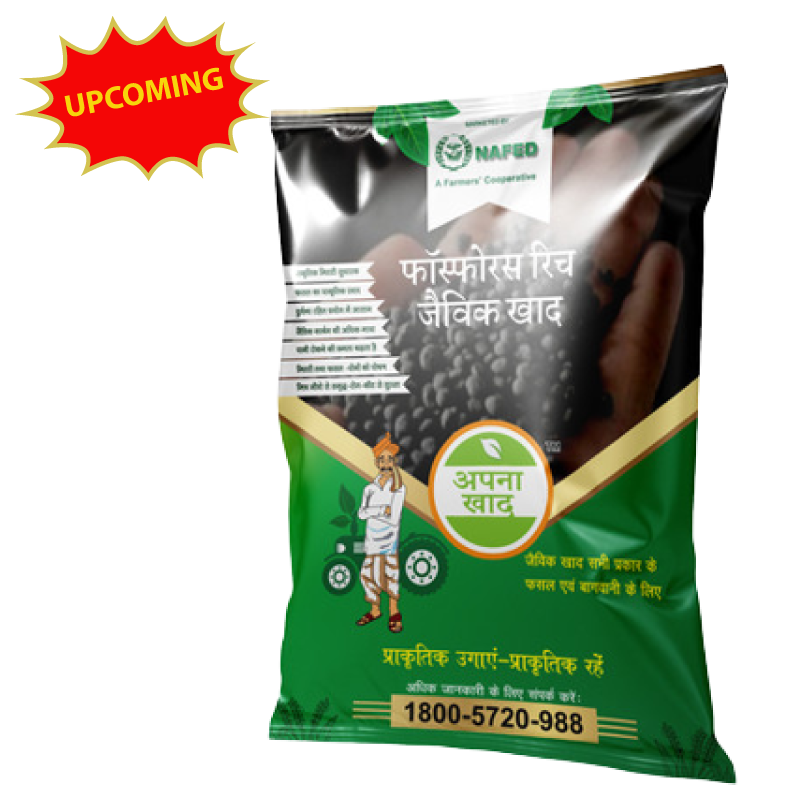
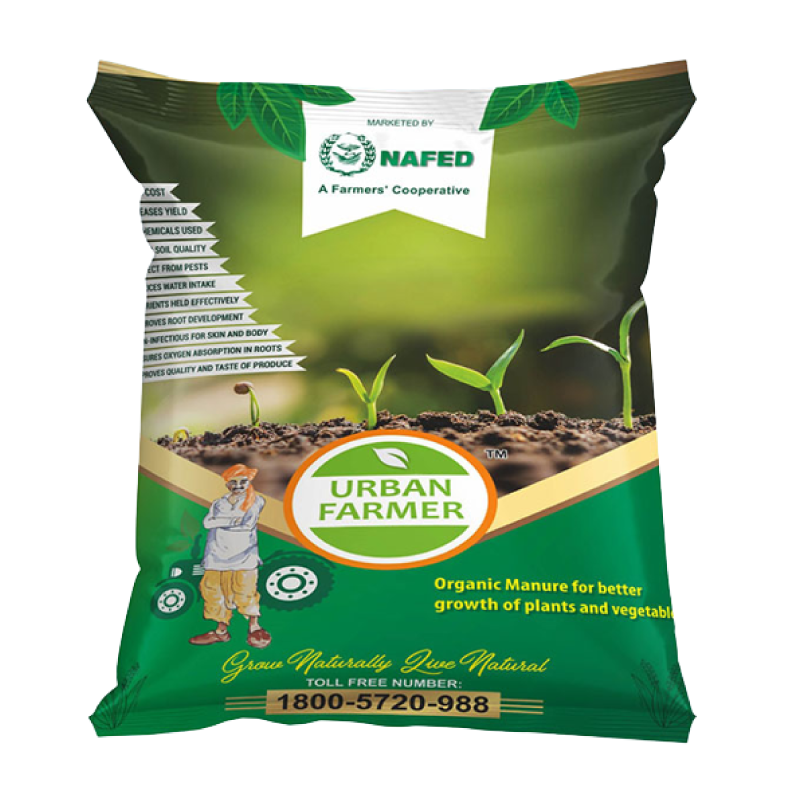
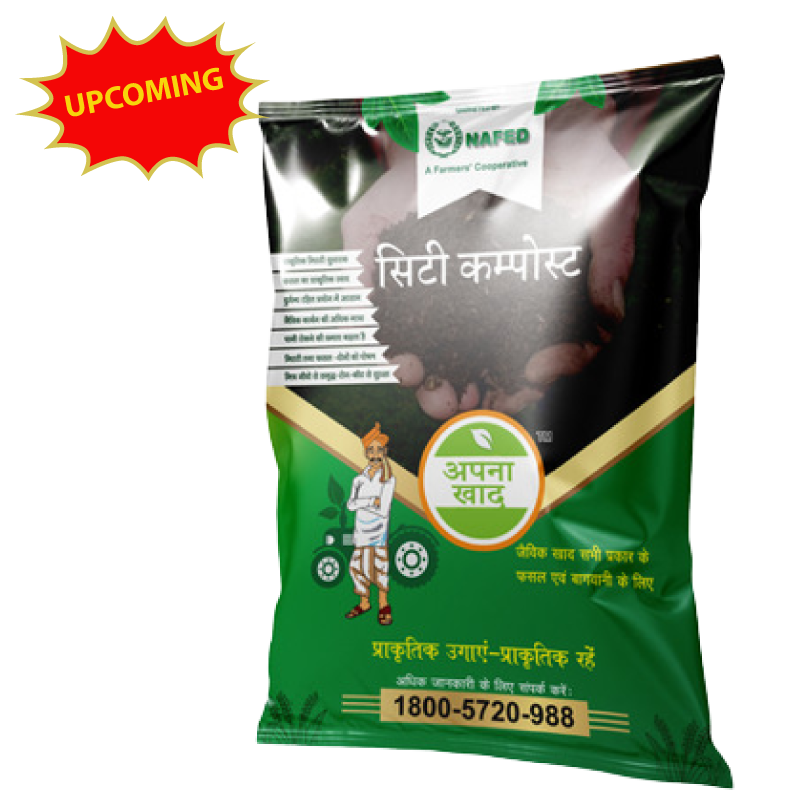
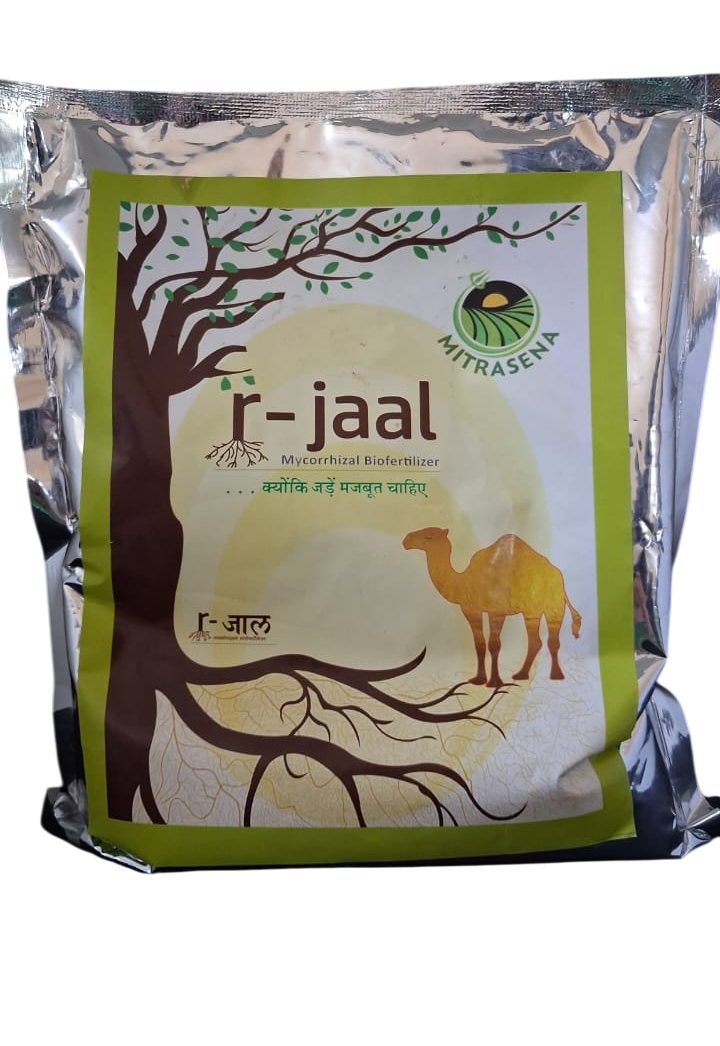

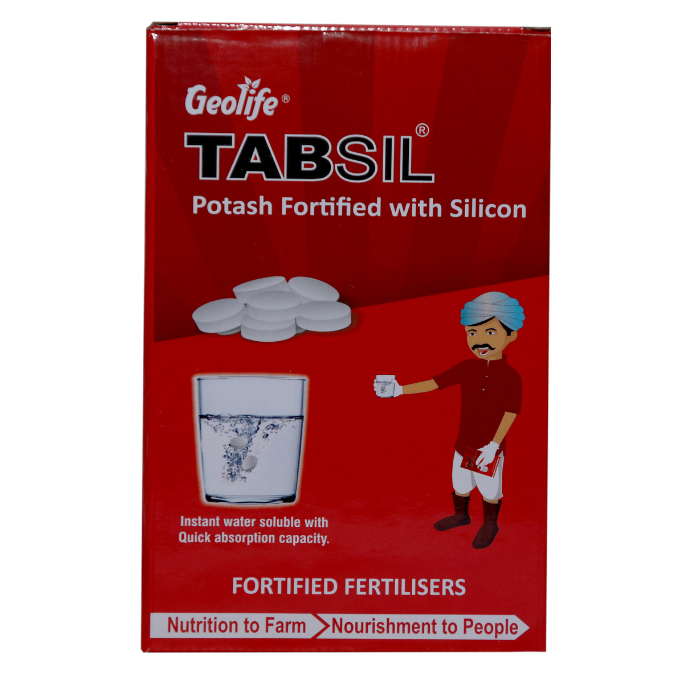



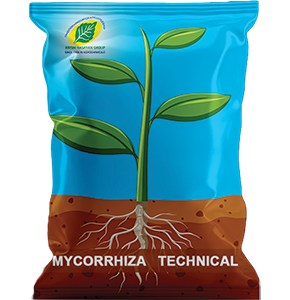

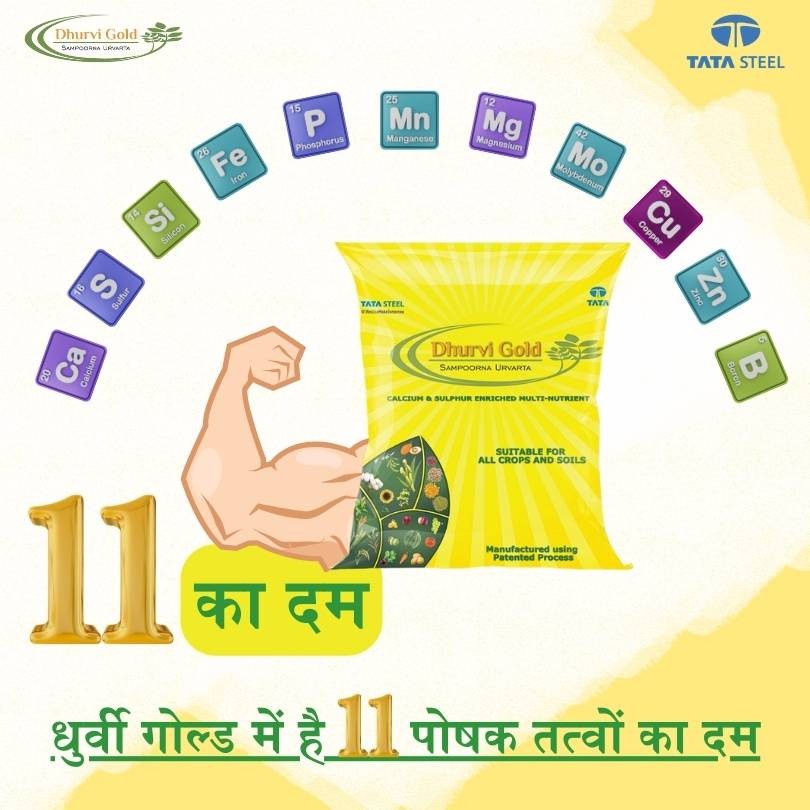

 Pesticide
Pesticide  Bio Pesticide
Bio Pesticide 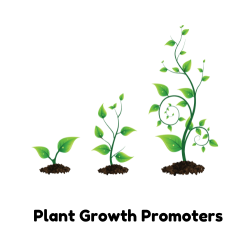 Plant Growth Promoters
Plant Growth Promoters  Bio Fungicide
Bio Fungicide  Neem Based Product
Neem Based Product 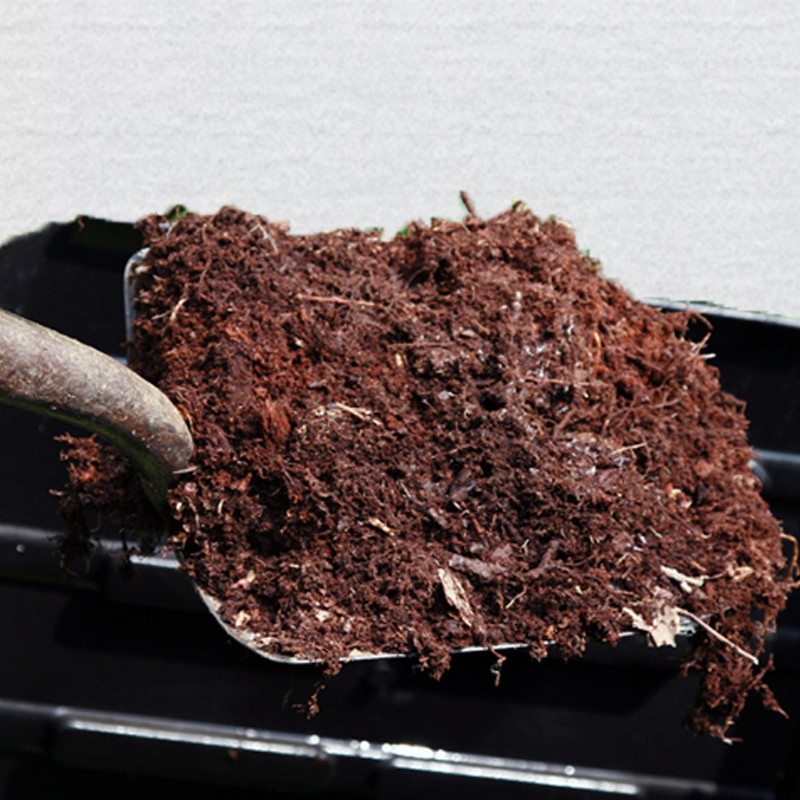 Organic Manure
Organic Manure 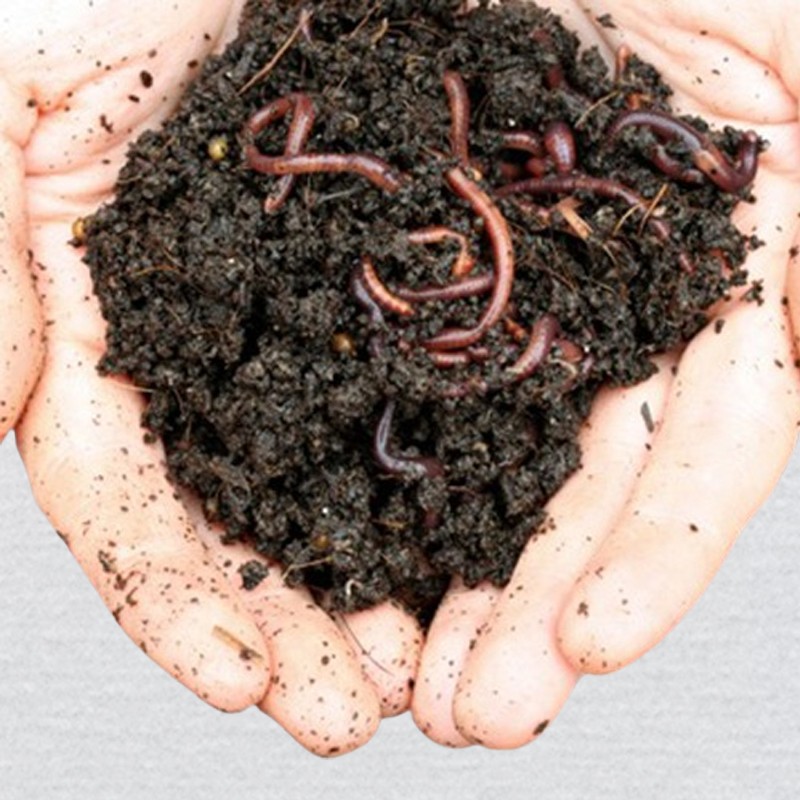 Vermi Compost
Vermi Compost 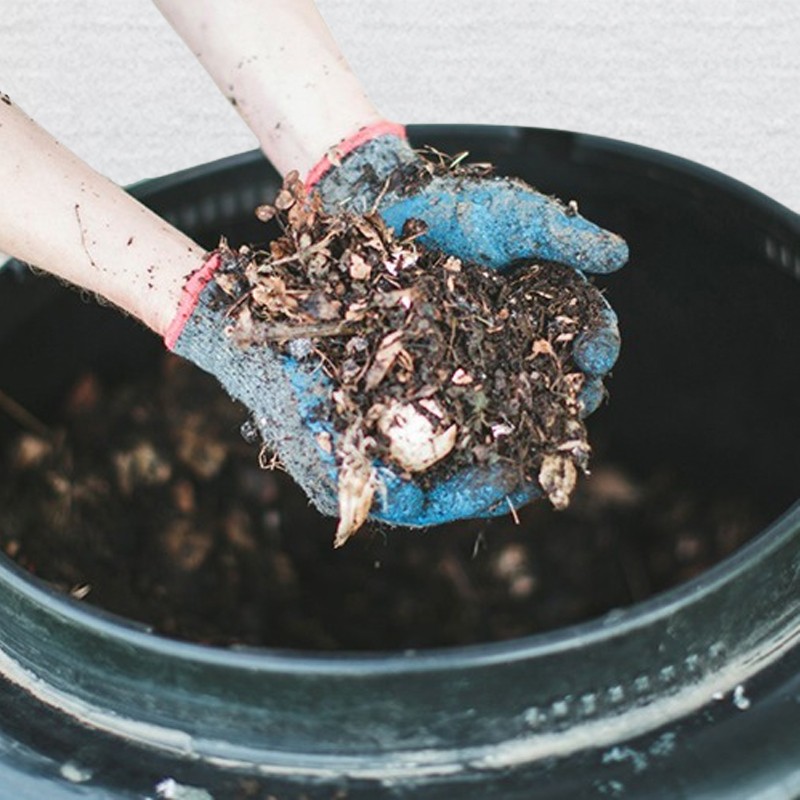 City Compost
City Compost  Formulation
Formulation 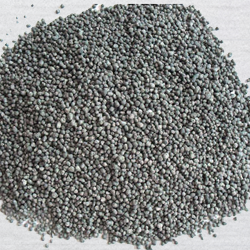 Fertilizer
Fertilizer  Bio Fertilizer
Bio Fertilizer 